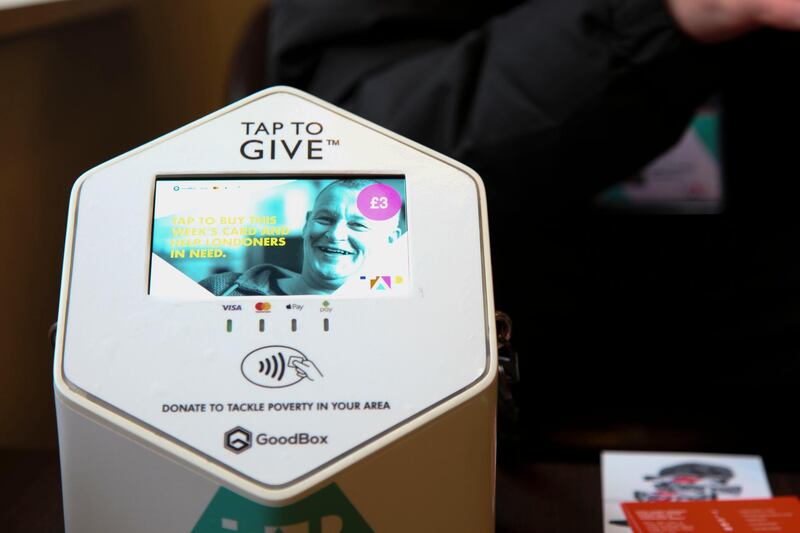First World problems. The phrase has to be the ultimate urbanite shrug to the universe – the verbal equivalent of holding out a hand and dropping an imaginary microphone.
But sleeping rough in the British capital is very much a First World problem – one that has haunted the streets of London for decades and cannot be shrugged off or shuttered out.
With thousands living on the streets, the reasons behind them finding themselves there have evolved too. The prevalence of homelessness is a constant reminder of the scales of fortune in life.
A documentary shown in the UK late last week provided some fresh insight into the problem, its durability and some shocking gaps in the system that steadily boost the numbers involved.
Adam Holloway was once an elite army officer renowned for running around Hyde Park in only brief shorts. He left the forces to become a journalist and his first job was spending months living on the streets for television.
More than a quarter of a century later, he is a Conservative MP who spent a week in February back on the streets to investigate how the condition of the homeless has changed. In his recent exercise, he found a unique combination of circumstances behind the huge numbers on the streets of Europe’s biggest city.
Mr Holloway chose two central London venues, including a spot near Covent Garden. After the tourists go home, there is a twilight world of soup kitchens and other forms of charitable outreach. The coffee chain Pret a Manger clears the shelves of its shops every evening, then hands out packages to the people who queue at designated spots.
One of the big differences for Mr Holloway since he first investigated the causes behind homelessness in 1991 was that there were more non-English voices on the streets than people speaking in the native accent. It is not surprising, given there has been free movement from Europe into Britain for decades, that there would be many foreigners. Yet the fact that they predominated in this central area of the capital surprised Mr Holloway.
There is rarely a discussion of rootlessness as a cause of rough sleeping. In a more mobile world, this outcome must be an obvious downside. The centuries-old concept of men of the road – people who are comfortable within themselves as outcasts – can indeed be put in this present-day London context.
A think tank report last year estimated there are 4,000 rough sleepers in Britain on any given day and up to 36,000 people spend at least part of the year living like this.
A cold spell of temperatures below freezing is due to hit the British isles this week and snow fell today.
Emergency teams will roam London looking for people who are sleeping rough to offer urgent shelter and some basic needs.
When Mr Holloway went to one of these shelters, he rang a helpline and was found by a volunteer. A taxi took him to a shelter and he slept the night as one of 36 people sleeping on the floor of the shelter. As an able-bodied man, he took the decision – informed by the needs of the documentary – to go back onto the street.
The complexity of homelessness unfolds in moments like these. One night a man sleeping nearby Mr Holloway told him he had access to a flat outside London but wanted to be out in the street for camaraderie. He said that when he was in his apartment, he sat alone and that was an experience he could not bear.
Proposed solutions to the overall problem stress the need to build more homes and make more housing space available. This not only provides extra housing but also lowers the sky-high rents in a city that generates a huge number of jobs. Several homeless seen on the screen had jobs but struggled to afford the accommodation on offer.
There is a glaring need to provide the mental health services to ensure no one who is ill is cast out on the streets. Likewise, the sub-social epidemic of narcotic abuse is a crisis that festers shamefully beyond the grasp of society at large.
The British government has declared its priority is an end to sleeping rough within 10 years by systematically addressing these specific problems.
But there is something more to the crisis than the cost of housing, lack of services and low wages.
The element of rootlessness is never fully addressed. It stems from modern mobility, loneliness that is often part and parcel of working lifestyles and the inescapable nature of addiction.
Perhaps it would be better to assume also that people will be homeless on any given day and to ensure they have all the help they need.





